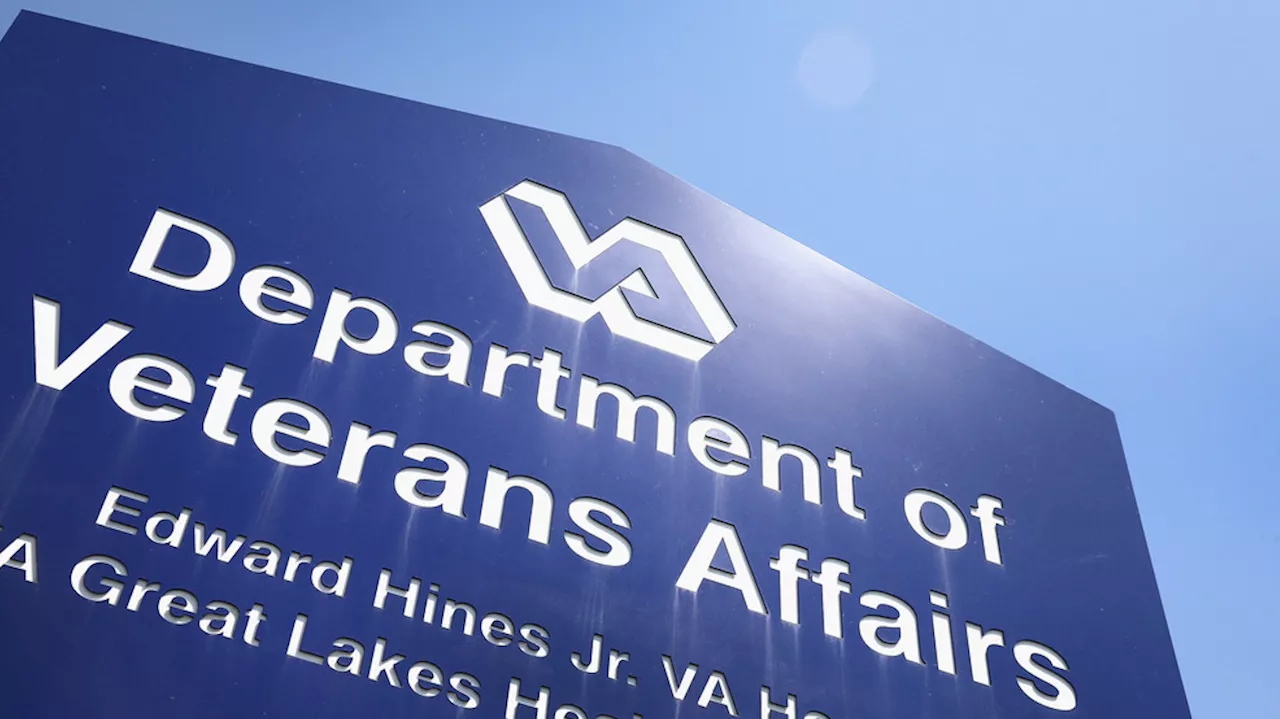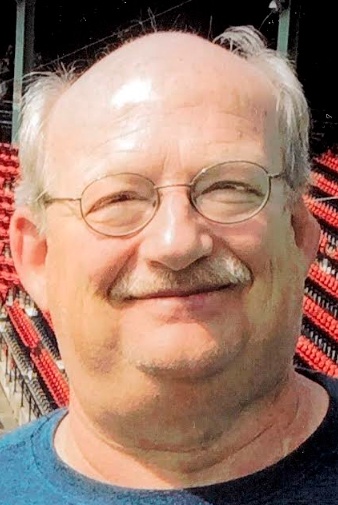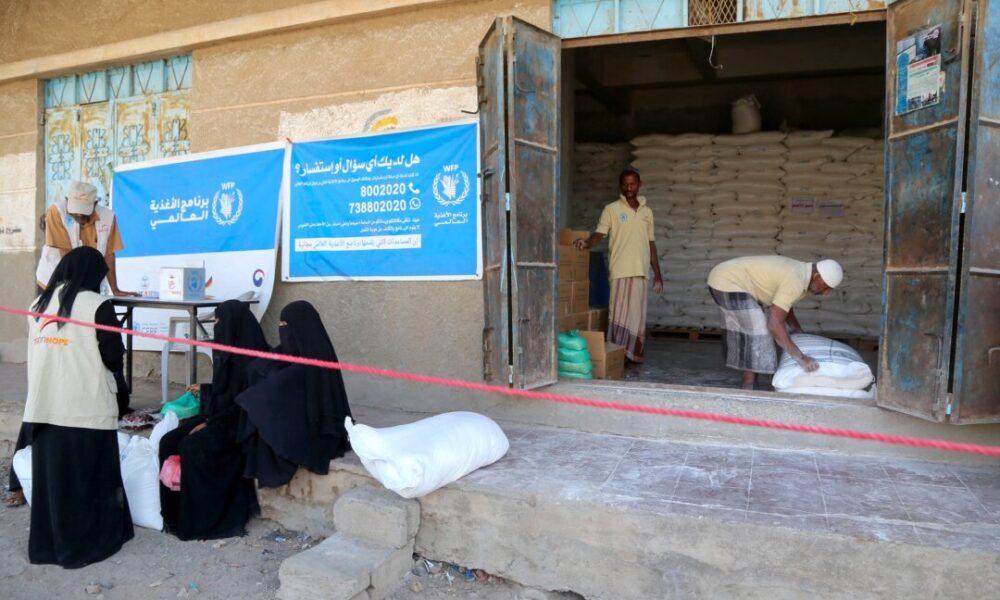BREAKING: The Iraq and Afghanistan Veterans of America (IAVA) has just announced a groundbreaking initiative aimed at modernizing the Department of Veterans Affairs (VA) healthcare system, a move critical for millions of veterans. This urgent effort, led by a blue-ribbon commission, seeks to address pressing issues such as toxic exposure and the urgent need for opioid-free pain management.
Former VA Secretary Dr. David Shulkin, now an IAVA board member, will chair the commission as it works to develop recommendations for Congress to enhance healthcare for a new generation of veterans. With 1.75 million veterans currently relying on Medicaid, the stakes are high. As eligibility requirements for Medicaid change in January 2024, it is estimated that 200,000 veterans could lose their health insurance, intensifying the need for an effective and modern VA system.
During the announcement, Shulkin expressed deep concern, stating,
“Where are they going to go for their health insurance? The VA. And so, the VA is going to become increasingly important to honor our commitment to our country’s veterans.”
This statement underscores the urgency of reform as more veterans turn to VA services for care.
The initiative prioritizes modern healthcare solutions, including the integration of artificial intelligence and advanced therapies. Shulkin emphasized that without modernization, the VA risks becoming less competitive and unable to meet evolving healthcare needs. “The healthcare system is changing unbelievably rapidly,” he warned, highlighting the importance of adapting to new technologies and treatment protocols.
Another key focus is addressing the long-term health impacts of toxic exposure from burn pits used during deployments in Iraq and Afghanistan. These exposures have been linked to severe health issues, including cancers that may take years to manifest. Shulkin stated, “More VA locations need to become centers of excellence for those seeking help from toxic exposure.”
The IAVA’s initiative also aims to improve data transparency and community care networks, ensuring veterans do not face fragmented care when accessing services outside the VA system. Shulkin noted,
“We know that veterans need and want to be able to access care in the community, but we’re concerned that there increasingly can become two standards of care.”
The commission is still in the recruitment phase, with plans to include experts from outside IAVA and representatives from various veterans’ service organizations. This collaborative approach is vital to crafting a comprehensive strategy that genuinely reflects the needs of veterans.
In a critical moment for U.S. veterans, the IAVA initiative could reshape the future of VA healthcare, ensuring that it provides the best, modern care tailored to individual needs. As this story develops, the impact on millions of veterans hangs in the balance.
Stay tuned for more updates as this initiative unfolds, and share this vital information with your network to raise awareness about the future of veteran healthcare.







